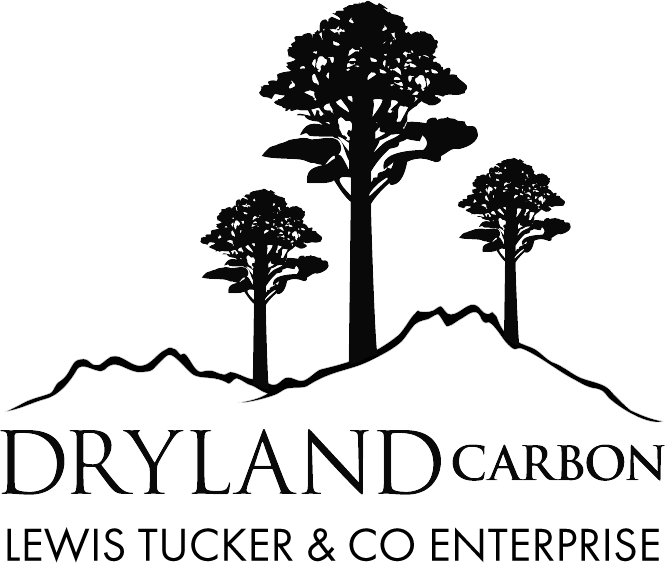Te Puna
Te Puna – Case Study
Te Puna is a hill country ex-sheep and beef farm that was purchased in early 2019. Just over half of the block will be planted in Pinus radiata between 2020 and 2021, with the balance maintained in farming, regenerating indigenous bush, and high-UMF manuka species
KEEPING THE FARM MANAGER ON TE PUNA
The balance of land classes at Te Puna is typical of east coast hill country stations, with a majority of ‘medium steep to very steep’ hills, and a small area of river flats.
During the purchase process the farm manager indicated a willingness to continue to farm the more productive 114 hectares within the property. Consistent with our commitment to plant the ‘right tree in the right place’, we structured a transaction which keeps this land in livestock farming and provides the farmhouse to the current farm manager under a lease arrangement which ensures he can continue to farm the productive pastoral land.
EXOTIC FORESTRY
Between 2020 and 2021, 970 hectares of hill country will be planted in Pinus radiata at a stocking rate of ~1,000 stems per hectare. The forest will be managed and tended as a rotation timber crop applying best-practice forest management.The establishment plan includes 10m ‘setbacks’ from sensitive waterways, avoiding scrub clearance on mature stands of indigenous cover, and not planting ‘shallow soil’ slipfaces which are identified as highly erosion-prone land. Drylandcarbon and the Te Puna forest manager have invested a significant amount of time and capital in identifying ‘at risk’ land classes, and made definitive decisions to exclude these from the plantable area.

